|
PLAYING WITH CARDS to FORM SENTENCES makes language learning MUCH MORE FUN and CONSOLIDATES THE STRUCTURES. It's the beginning of the school year and many students are struggling to concentrate after a summer of fun so games like this can get them to FOCUS ON GRAMMAR and interiorize it whilst HAVING FUN! It takes a little preparation but you can also try getting students to help out with the cutting and sorting into categories - they seem to enjoy it whilst practising new vocabulary such as 'cut it out', 'put it over there', 'put it on that pile'. You can download the cards below. Let me know how you get along with it! Hope you have fun with it! Susan
2 Comments
ACTIONS SPEAK LOUDER THAN WORDS: Try teaching and LEARNING GRAMMAR with fun repetitive songs - my experience is that even beginners can learn more complicated grammatical structures when they are used repetitively in a song. I added some prepositions and collocations to my originally simpler song. Try it out for yourselves - you'll be surprised!! You can download the song below: Have fun with it and learn! Susan
An AMAZING interactive app! I, who have never been lured into spending money on an app until today (4.99 euro), was looking for something on the internet about the world to propose as an activity to the children at my summercamp a few weeks ago. Our summer theme was 'travelling around the world" and by chance I came across the video explaining how children can spin a 3D globe with their fingers and enlarge any area they are attracted to by the myriad of little colourful animated hand-painted icons (buildings, animals, plants, people), clicking on them, reading and listening to an explanation about them, seeing a real photo of them, listening to sounds and music pertaining to them, in an all-round experience. I was mesmerised and bought it there and then sitting in bed with my iPad at 3am. The next day I could not stop the curiosity of the children aged 5 - 12, as I projected the globe on the screen - I had their full attention - all of them - calling to me to stop and click this or that icon: and best of all, expressing themselves in broken English without even realising it: "Look at that!" "Wow, a lovely animal!" "Stop, stop! Go back! Click on that orco!" - a killer whale I would suggest... "Can I click, please?", "Listen!" - there was no stopping them and snack-time arrived an hour later without us realising it! Admittedly for such a wide range of ages the short texts and accompanying audios were too much but we just described colours and admired the beauty of it all. Some remembered where they had travelled and others told us what they knew about the animals. The way it aroused curiosity made me realise its potential in class and I have already experimented it in very small groups. Depending on the level of the students, they can read, or read and listen or only listen to the short accompanying texts, learning new vocabulary and expressions. Older students can talk about what they know on the subject and small projects can be done for homework. I introduced it to a few toddler mums whose children loved it and called me to have the link. I have no connections whatsoever to this company and have never read any of their books so they are totally new to me but this app offers language potential in a very educational context which is highly attractive to children of all ages - their curiosity gets the better of them and one can exploit it in many ways - getting them to express themselves in English whilst excitedly exploring the world and its cultures. The app is called: Barefoot Books WORLD ATLAS written by Nick Crane and illustrated by David Dean, produced in collaboration with the Royal Geographic Society. I recommend you watch the video demonstrating it: This second video shows its potential for children to physically put into practice what they learn from the atlas in play - a roleplay situation to be encouraged for language learning as well: Looking forward to hearing any of your ideas on how to use it! Susan "I spy with my little eye something beginning with B." said the little boy to his sister while I was sunbathing on holiday by the pool, "It's blue and it's behind the sun-lounger... no... next to mum's sunglasses... no... between her hat and the suntan lotion... yes, it's her Book!! Good girl! Now it's your turn...". My eyes shot open! WHAT A WONDERFUL WAY TO REVISE VOCABULARY AND PREPOSITIONS!! I suddenly realised how SIMPLE CHILDREN'S GAMES can be used in the classroom FOR LANGUAGE LEARNING. I racked my brain for other long-forgotten childhood games but momentarily could come up with nothing useful except NURSERY RHYMES which I never use enough: irregular verbs in the past & present perfect, the future, vocabulary, phrasal verbs... children love acting them out and they are so easy to remember and repeat with their rhyming words - the definitely PROMOTE FLUENCY! I would welcome any other simple games you would like to suggest to me! Looking forward to hearing any of your ideas! Susan My summercamp was nearing the end and I was running out of ideas. Then I saw Buddy in a photo with his friend Juan Alberto Lopez Uribe and all the wonderful activities they had done at Gallery Day Camp in Varese, Italy. I contacted Juan for advice and he reminded me of things I had done with my children in days-gone-by - PUPPET-MAKING - plus he gave me an excellent tip: use a hot glue gun!
What amazed me more than their creativity (I made a puppet there and then out of an old sock as an example) was how they started making their puppets talk spontaneously to each other without my prompting them. Even the shyest students crept out of their shells (mine were aged 3 - 12) and spontaneously improvised little dialogues with each other. I presume they felt free to express themselves through the puppet thereby having no fear of making mistakes or being judged - it was the puppet speaking and not them. A really fun and linguistically productive activity: during puppet-making I ensured they used imperatives such as "Pass me the scissors, please!" after which they enjoyed "chatting" to each other via the puppets. Thank you to Juan for all your advice!! Check out Juan's link to his videos: http://childrenlearningenglishaffectively.blogspot.it/2011/10/funtastic-world-of-puppets.html?m=1 Try it out and have fun! Susan Before having children all my free time was dedicated to globetrotting and I had started writing a book about my travels.
I have always found writing about my personal experiences easier than writing about an imaginary situation which I have never been through. I therefore usually encourage people to base their writing work on something familiar to them and then adapt it to the written assignment making changes where necessary and enriching with adjectives and our imagination. This third post regarding some of my adventures is not only to encourage students to do likewise, thus practising their writing, but to stimulate people into class discussion on the topics students have written about and shared. Many of those stories are outdated as times change, countries develop... Should anyone like to comment & let me know how things have changed since I visited these countries, it would be welcome feedback. A WEARY TRAVELLER'S TALES Tragicomic Episodes from a Globe-Trotter's Diary As a young, well-travelled globe-trotter, I prefer visiting countries in order to get to know the people, their customs and traditions, rather than only seeing the sights from an air-conditioned bus after having left an anonymous first-class hotel. On my travels I have come across many tragicomic episodes worth recounting, which are not only amusing in themselves but offer a great insight into the ways and being of different peoples in far off countries. The best way to appreciate other mentalities and ways of life is to try and integrate oneself with the people by travelling with local forms of transport, eating in local restaurants and sleeping in hotels where one can mix with the locals rather than with tourists. CHINA Part 1 (written in 1987): Whichever form of transport one chooses in China, it is always an adventure. Trains for the foreigner seem to be the most exciting. The communications system is extremely poor so that one can only make seat/couchette reservations at least six days in advance and only from the original station of departure. If you happen to be travelling through the country and stopping off to visit towns for less than six days, as was my case, you can forget trying to make a reservation. Reservations cannot be made when boarding at intermediate stations, since they have no way of knowing which seat/couchettes were booked from the original station of departure. The only hope is to try once on the train. One of our longest train journeys started in Xian, where one can see the famous terracotta army. We managed to book two 'hard seats' (the other class is 'soft seats') and they turned out to be as hard as ever, with very straight backrests. Actually, it was quite interesting to see that once seated, everyone took out a little towel and hung it on a hook above their seats. I later discovered this served to wipe down the continuous streams of sweat that are inevitable in the summer heat despite the numerous fans (which for some reason work when there is the breeze caused by the train speeding along, but do not work when the trains stop at the stations, so that the heat is even more stifling). The next ritual for each passenger was to put a tin cup with lid on the little table jutting out between the facing seats. Into these they added a few tea leaves. Moments after the train left an attendant passed by filling the cups with boiling water from a giant kettle, kept warm on a fire burning between carriages. Thus began our scheduled five hour night journey to Luoyang, where we were to visit the Longmen Caves. Not having found room in the couchettes, we spent the night sharing our two reserved 'hard seats' with another two Chinese who managed to squeeze in, one of whom fell asleep with his head nodding on my shoulder. Eight sleepless hours later we got off at our destination. Having spent the day visiting Luoyang's sights, we bought our onward journey tickets to Beijing. No kind of reservation at all, of course, since this was an intermediate stop and reservations could only be made at Xian. The train was due to leave at 7.30 p.m. but on showing our tickets, we were told that the train was twelve hours late! Considering that Xian is officially five hours journey away, this seemed to be quite a record! We decided to catch the next train which brought us to Zengzhou, on the junction with the Beijing line. Whether this was unacceptable because the Chinese only catch direct trains, or because our tickets were only valid for the direct train was never clear to us. However, amongst heavy protest from the station attendants we boarded the train. At 11.30 p.m. we were at Zengzhou. According to our interpretation of the all-Chinese timetable, the next train to Beijing left at midnight. We lined up to have our tickets amended. After much incomprehension, obviously because what we were doing was not usual, our tickets were updated and we were accompanied to the waiting room area reserved for those leaving on the 6.00 a.m. train. We therefore settled down to our second sleepless night, hoping to steal a few hours nap by resting against each other. Impossible! A uniformed guard walked through the waiting room every half hour and violently shook awake anyone even vaguely dozing. There may have been a "No Dozing!" sign on the wall, but to us illiterate in the Chinese language, it was certainly not apparent. The journey to Beijing was no more eventful than any other that has been spent sitting on a train floor for ten consecutive hours in sweltering heat. However, it was fascinating watching with what dexterity small children were able to manoeuvre their chopsticks whilst eating on a jolting train. Unfortunately the hygienic advantages of modern packaging meant that all polystyrene lunch boxes were automatically thrown from the window of the moving train, littering the still medieval looking Chinese countryside. Subsequent shorter train journeys acquainted us with interesting games that the Chinese love to play. But however clean we all were when we boarded, on arrival our clothes were all a grubby grey, not to mention the dirt under our finger nails. It was only after quite a few trips that we realised this filth was due to the fact that the trains are all run on coal, leaving a sooty trail. For someone born in the electric/diesel train era, this was quite a revelation. * * * CHINA to be continued .... next episode coming soon! Have you ever had any tragi-comic experiences? Susan Repetitive NURSERY RHYMES with their easy rhythmic tunes and well-known NURSERY TALES lend themselves to SINGING and ACTING: two activities which children love doing!! Many years ago I ADAPTED three NURSERY TALES in increasing difficulty to RECYCLE the most important LANGUAGE we had learnt during the school year. Children loved it and parents enjoyed watching their children's progress. HAVING FUN was another key element to making sure they learnt EXPRESSIONS IN A MEANINGFUL CONTEXT. NURSERY RHYMES can also be ACTED OUT whilst they are being SUNG to consolidate their meaning and enable children to pronounce somewhat complicated sentences to PAVE THEIR WAY TO FLUENCY... GOLDILOCKS is the second in order of difficulty of the three to download with the pronunciation guide as well to help children practise alone at home. (See previous post dated 9th July 2015 for the easier LITTLE RED RIDING HOOD). In those days children had no other way of practising autonomously. Nowadays I prefer to RECORD AUDIOS of the pronunciations for them TO LISTEN TO REPEATEDLY all collected in a Dropbox folder for easy access. Try these out! Hope you have fun with it! Susan
|
Categories
All
Would you like regular English learning & teaching ideas? Subscribe to my blog so you don't miss a post!
AuthorMy name is Susan Brodar, born in London into a multilingual family and brought up bilingual English / Italian. Archives
December 2018
|
||||||||||||||||||||||||||||||||||||||||||

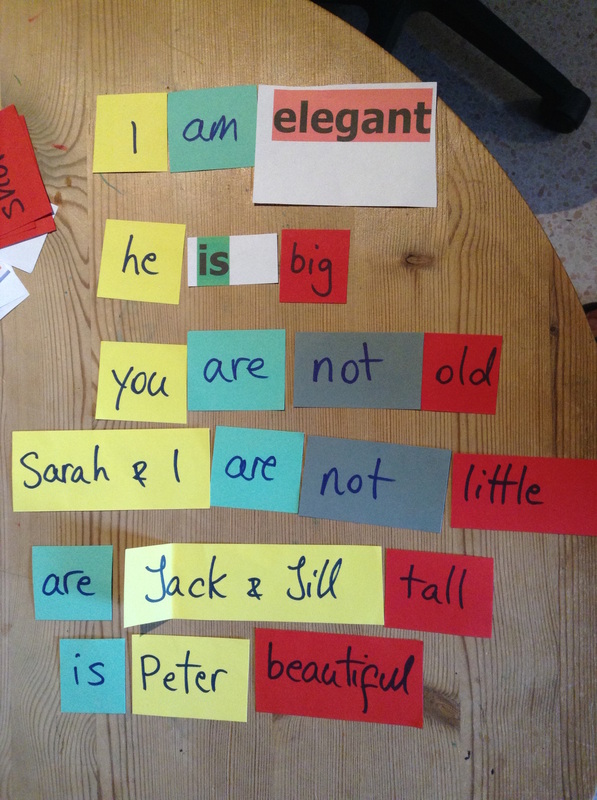
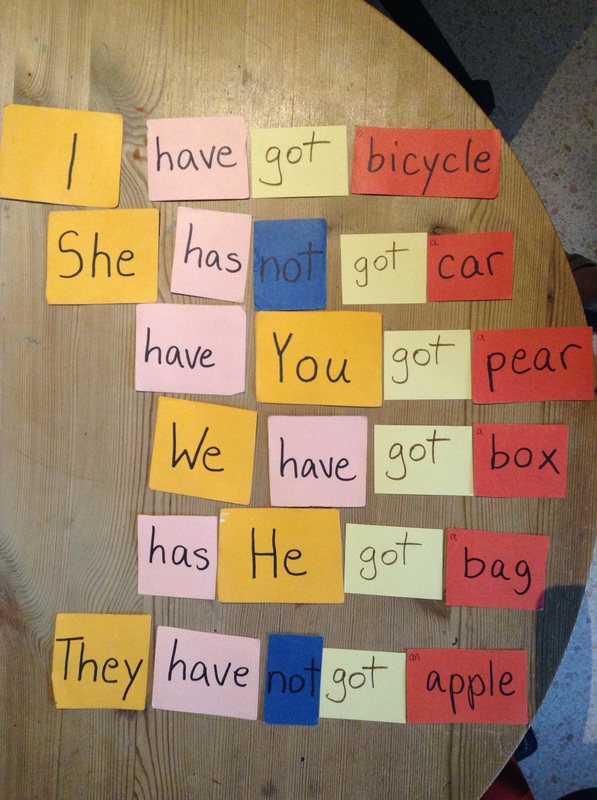
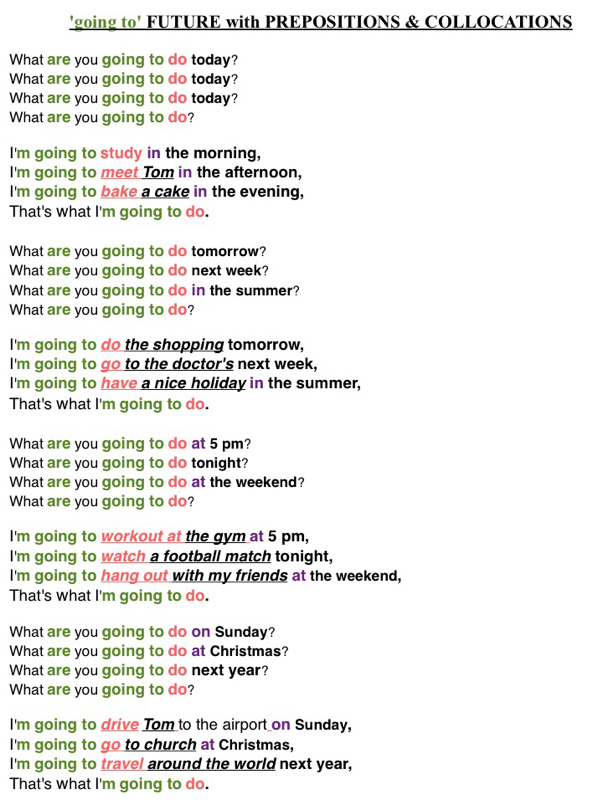
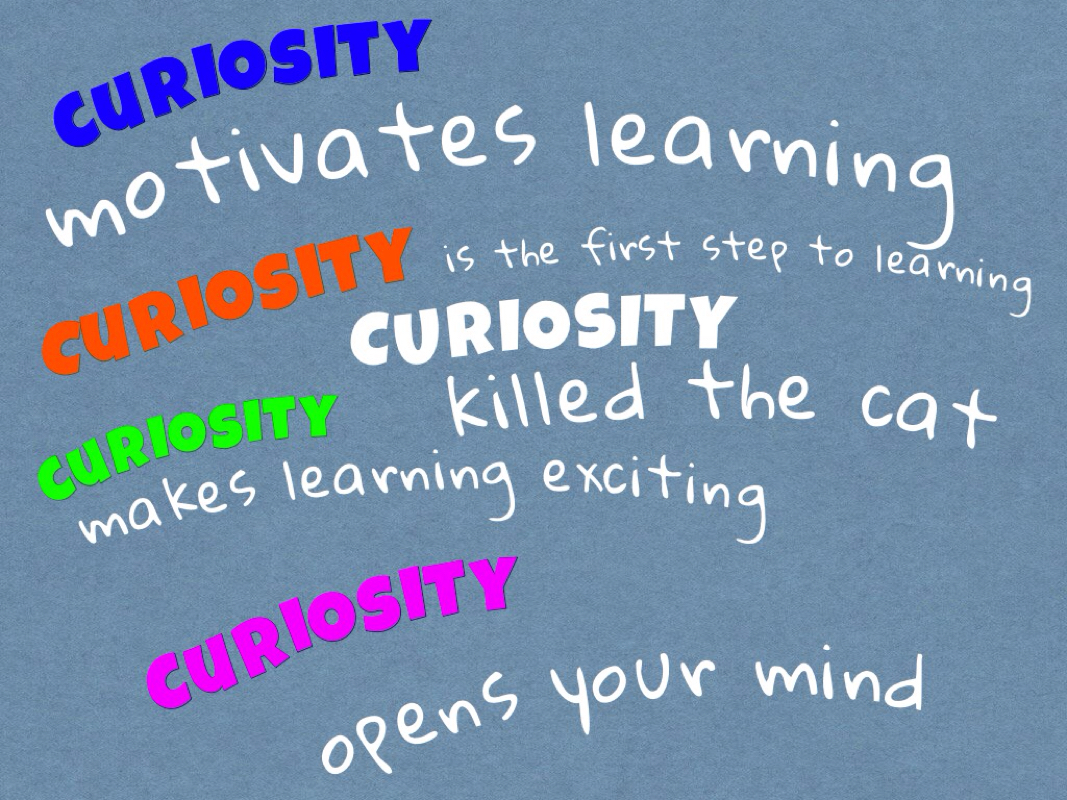
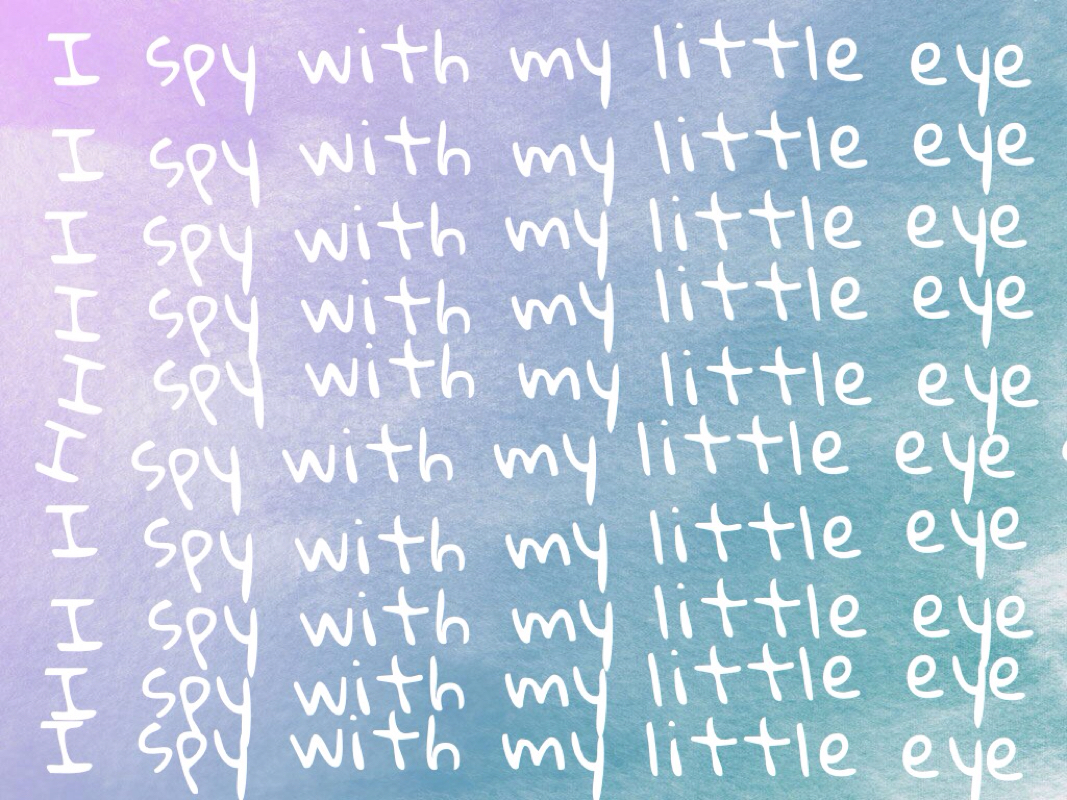
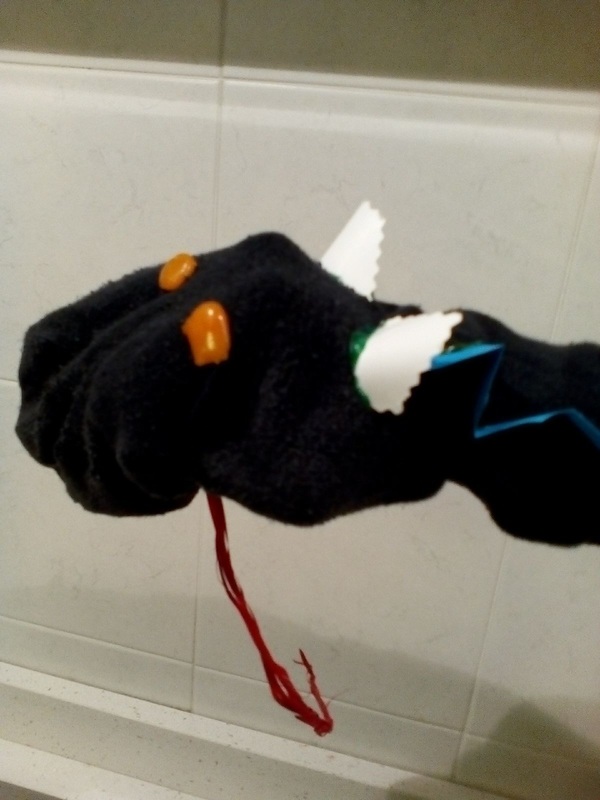
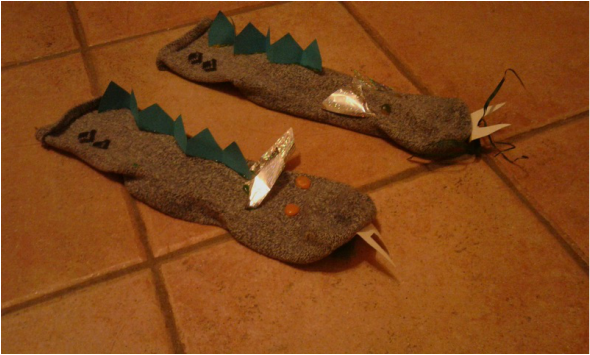
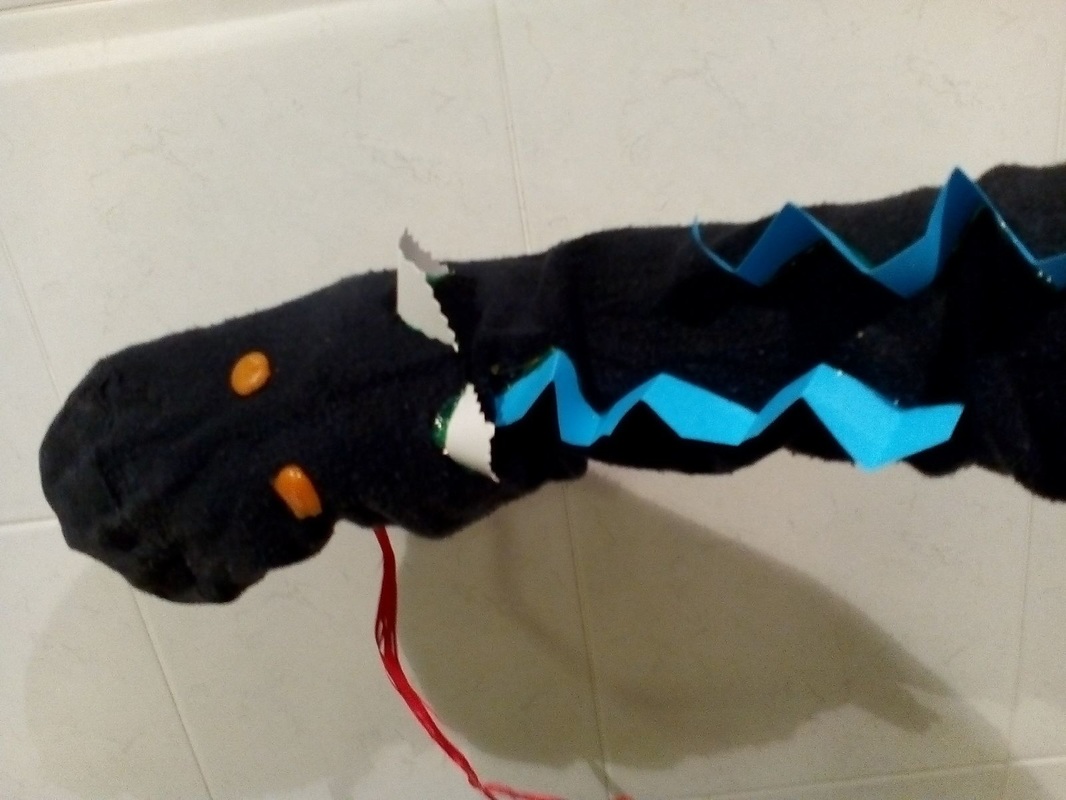
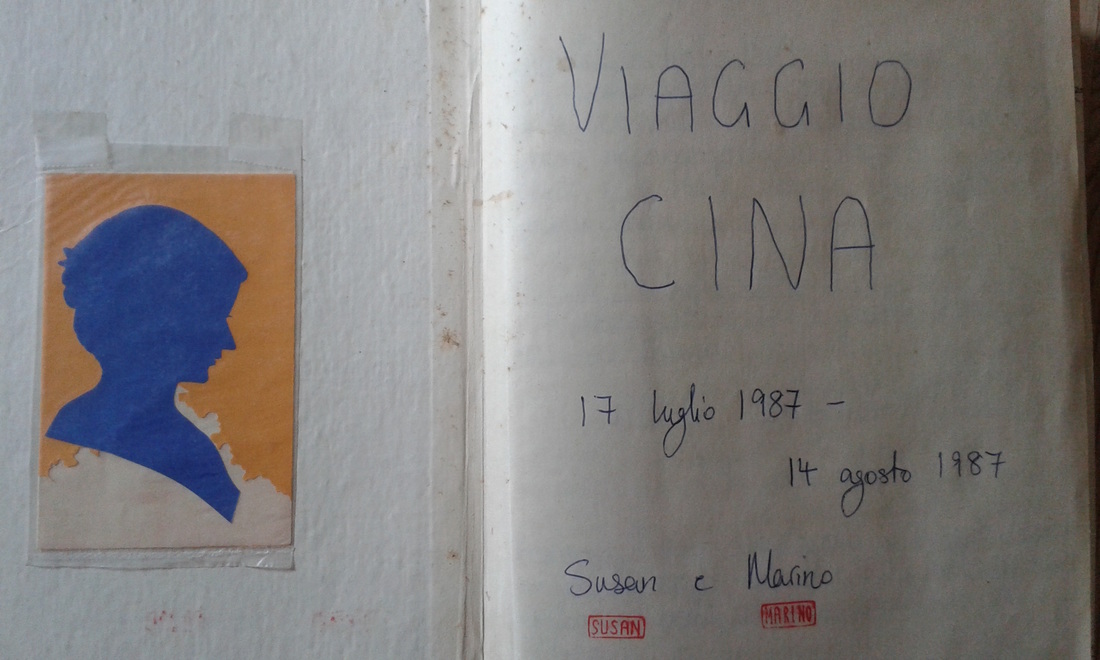
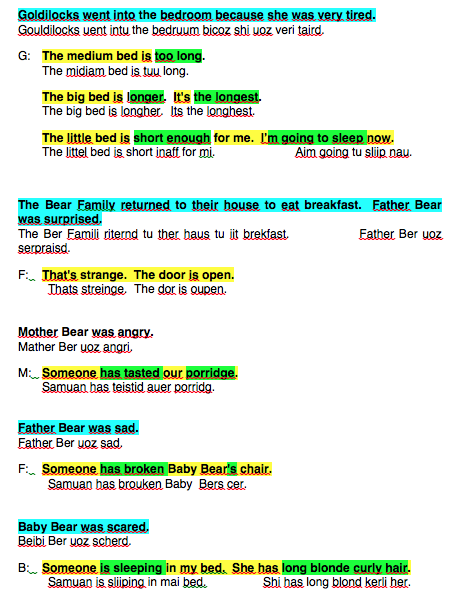



 RSS Feed
RSS Feed





